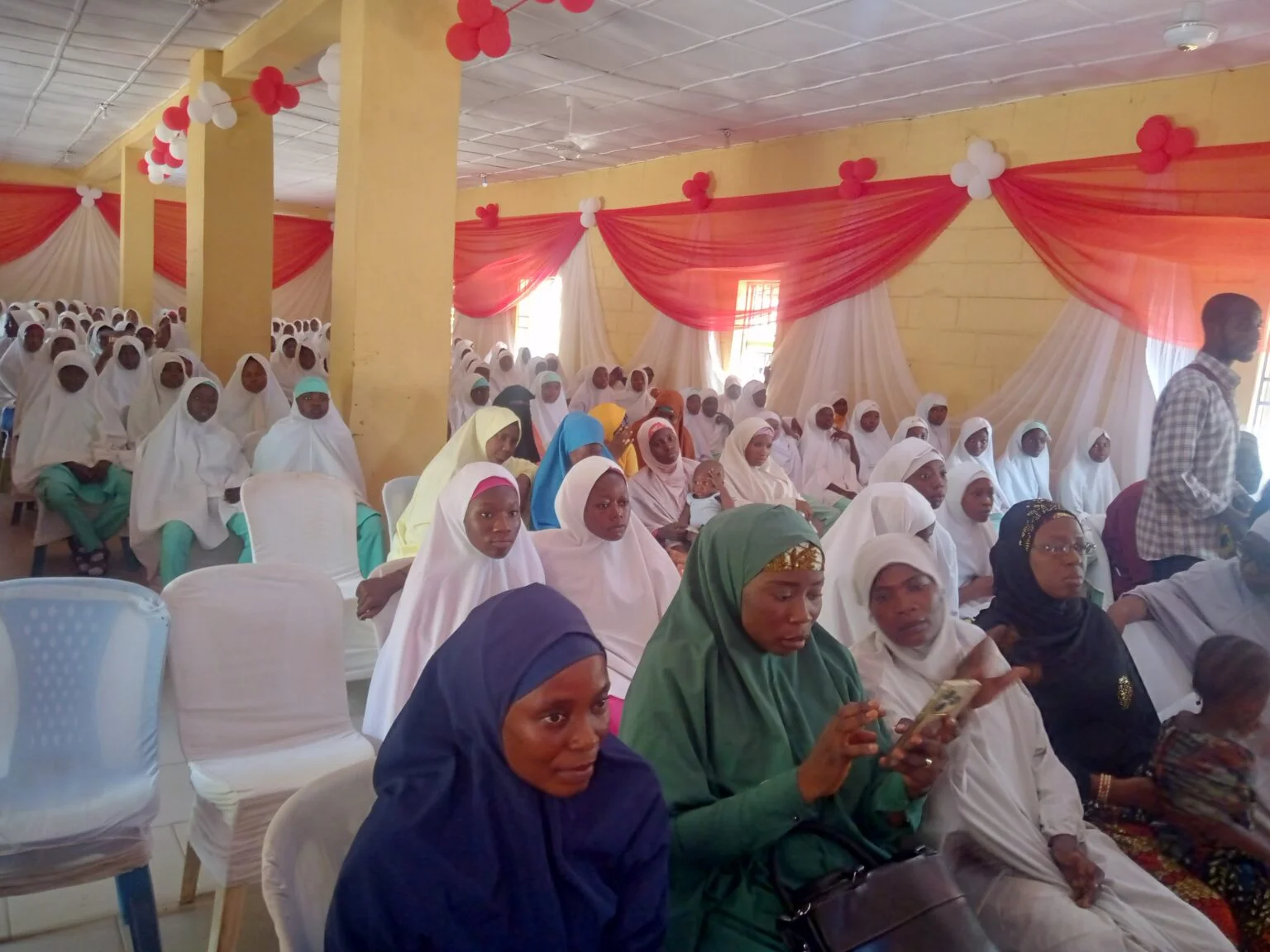Health
UNICEF, NAWOJ partner on menstrual hygiene education in Sokoto schools

United Nations Children Fund (UNICEF), in collaboration with Nigeria Union of Women Journalists (NAWOJ), has advocated increased access to menstrual health and hygiene education in schools in Sokoto State.
Mr Michael Juma, the UNICEF Chief of Field Office (CFO) in Sokoto Smade the call during an event to mark the 2024 Menstrual Health and Hygiene Day tagged “Together for a Period-Friendly World” organised by UNICEF and NAWOJ in Sokoto.
Juma said access to menstrual hygiene products is crucial to healthy living, well-being, and dignity of all women and girls.
He added that educating people on menstrual health and hygiene is significant to adopting proper menstrual care practices.
The officer underscored the importance of increased awareness, especially among girls that were starting their periods for healthy wellbeing and prevention of infections.
He said that “beyond advocacy, there is need for provision of items to adolescent girls in schools, clear misconceptions, stigma and taboos surrounding menstruation to ensure dignity, integrity and respect for women and adolescents.”
Hajiya Rakiya Muhammad, the NAWOJ Chairperson in Sokoto State, said the partnership was to enhance awareness and address the myth and misconceptions among women and girls in the society.
Muhammad said health educators and experts in education were engaged to educate students on good sanitary practices, body hygiene and prevention against infections through improper menstrual hygiene.
She assured to widen the campaign to reach hard-to-reach areas and schools across the state in recognition of the importance of the exercise.
“I believe that empowering women to take charge of their menstrual health is not just essential, but transformative.
“When women have the tools and knowledge to manage their menstruation confidently and hygienically, they gain a sense of empowerment and dignity that transcend beyond their physical well-being.
“We envision a world where young women and girls are well-guided, inspired, educated, and empowered, “Muhammad said.
An Educationist, Hajiya Fatima Bello, educated the students on body growth and developments up to puberty, symptoms of menstruation, proper management and poor handling that could lead to infections.
Bello emphasised the need for parents to ensure proper guidance for girls, as well as provide sanitary pads and other needs to avoid life threatening diseases.
Malam Zayyana Shehu, the UNICEF Officer in charge of the Human Papillomavirus (HPV) vaccination, spoke about the importance of the vaccine in the lives of women and girls in the prevention of cervical cancer.
HPV infection is a viral infection that commonly causes skin or mucous membrane growths (warts) and
can cause different types of cancer.
Asabe Hassan-Mshelbara, UNICEF WASH Field Officer in Sokoto, spoke on reusable sanitary pads as sustainable and cost-effective solution to menstrual period.
Hasdan-Mshelbara led discussions on menstrual experiences and challenges faced by women and girls.
NEWSVERGE reports that no fewer than eight schools participated in menstrual issues competition and winners received awards.
Highlight of the event was the distribution of reusable sanitary pads to students.




 Davido's Net Worth & Lifestyle
Davido's Net Worth & Lifestyle 
